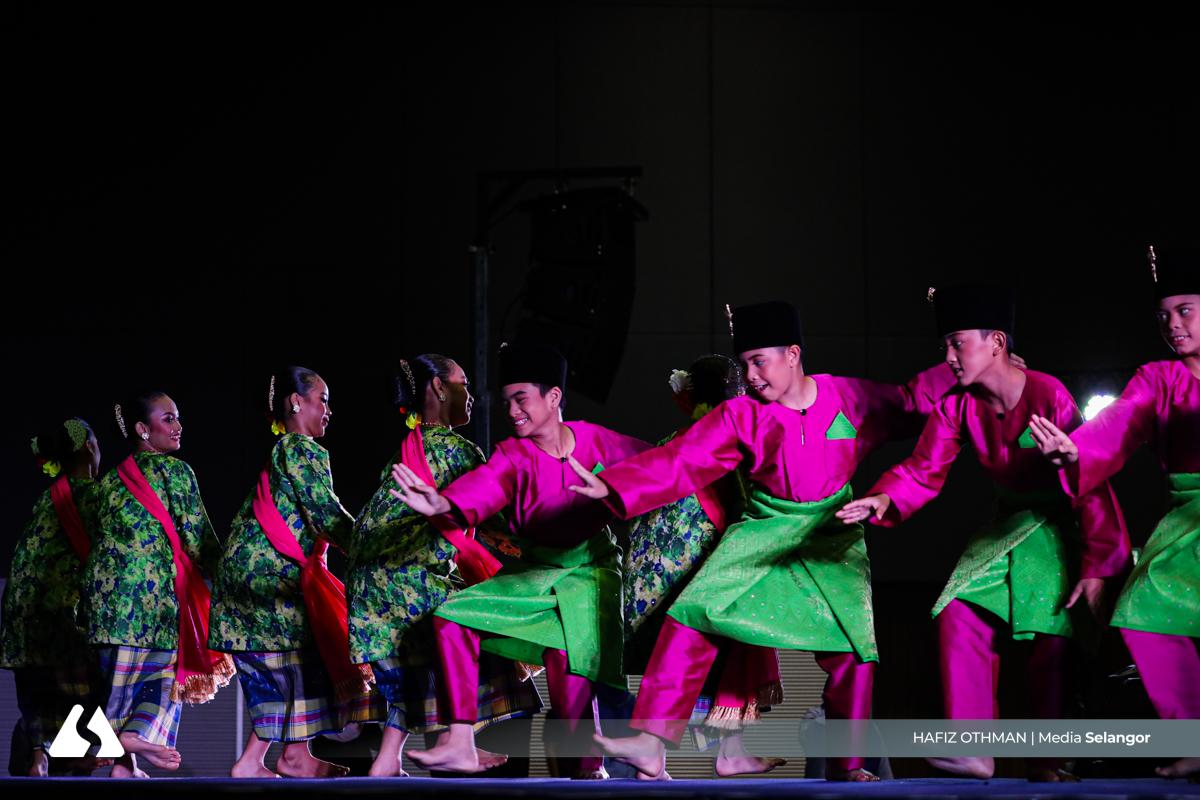KUALA LUMPUR, Sept 8 — The Gig Workers Bill 2025, passed by the Dewan Rakyat on August 28, will extend legal protection to more than 1.2 million gig workers in Malaysia, including those in the entertainment industry, even in the absence of written contracts.
Human Resources Minister Steven Sim said verbal agreements are common in the creative sector, often leaving workers unprotected in cases of dispute.
"While written contracts are best practice, the Bill defines a service agreement as any arrangement, whether written, verbal, express, or implied," he said.
This addresses a longstanding issue in the arts sector, where verbal or implied contracts will now be legally recognised during grievance proceedings, including at tribunals.
Sim was speaking at a press conference following a special briefing on the Bill at the National Film Development Corporation Malaysia (Finas) today.
Also present were Deputy Communications Minister Teo Nie Ching, Finas chairman Datuk Hans Isaac, Finas chief executive officer Datuk Azmir Saifuddin Mutalib, and Malaysian Professional Film Workers Association (Profima) president Khalil Saleh.
He added that the Bill also makes it mandatory for part-time and freelance workers to receive pay slips, granting formal recognition of their employment rights.
The lack of a clear legal definition for gig workers has left many vulnerable, with verbal contracts, wage-setting mechanisms and payslip provisions among the key concerns raised by the sector.
Under Section 13.1, gig workers can request income statements from hiring entities, which are required to comply under Section 13.2. Failure to do so constitutes an offence under Section 13.3, punishable by up to two years' imprisonment or a fine of up to RM50,000.
Payment rates and minimum contract standards will be addressed through a proposed Tripartite Consultative Council, allowing negotiations between hiring entities, like producers, and workers.
Sim also noted that in bankruptcy cases, such as with film producers or investors, gig worker wages must take priority over payments to other creditors.
He stressed that Malaysia cannot adopt a phased implementation model, like Singapore, which initially focused only on e-hailing and delivery riders.
“The gig economy is not limited to new sectors. It includes the creative industry, and these workers deserve equal protection,” Sim said.
The Bill is scheduled for tabling in the Dewan Negara tomorrow before it is gazetted and enforced. It also mandates contributions to the Social Security Organisation (Socso) to enhance worker welfare.






